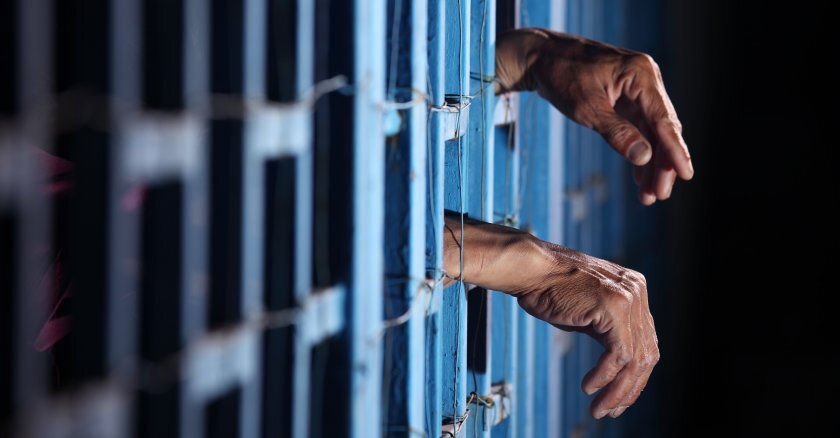Parents who commit crimes must be held accountable, and protecting public safety must always be the chief purpose of our criminal justice system. But regardless of our political ideology, we can and should uphold these goals while reducing collateral damage to children.
A few facts illustrate the dimensions of this challenge:
First, a significant share of people serving time in state prisons are parents. Almost 6 in 10 incarcerated women are mothers to minor children, and 46 percent of men in prison are fathers. The numbers are even more striking in the nation’s local jails, where estimates suggest that 3 out of 4 women are mothers.
Fifty-two percent of the mothers in state prisons lived with their children prior to incarceration, compared with 40 percent of fathers. As a result, when a mother is incarcerated, her children are far more likely to experience sudden displacement. In addition, because women’s prisons are few, incarcerated mothers serve their sentences an average of 160 miles from their homes. So many never receive a visit from their children, placing even greater strain on already fragile family bonds.
Children of incarcerated parents face a higher risk of social, economic, educational and behavioral challenges. Much of the research in this area focuses on the children of incarcerated fathers, but the toll that maternal incarceration takes cannot be ignored. For instance, children of incarcerated mothers are 12 times more likely than other children to enter foster care, while those with incarcerated fathers are twice as likely.
So, what can be done to break the cycle? Underscoring the potential for alignment on the issue, progressive and conservative states have landed on some similar solutions.
One is requiring courts to consider a person’s primary caregiver status as a factor in sentencing or to provide alternatives for incarceration via diversion programs. California, Louisiana and Tennessee are among states that have enacted such laws, and Kentucky lawmakers may follow suit.
That’s a great start, but there’s much more to do. When parents are diverted from prison to probation, for example, courts and supervision agencies should structure reporting and other requirements to minimize interference with family life. For instance, parents who are considered a low risk to public safety should be allowed to check in virtually with their probation officer, rather than in person, which can be challenging for caregivers. In addition, fines and fees should be set according to a person’s ability to pay, and such determinations should account for the cost of raising a child, which one estimate puts at more than $21,000 a year.
For those parents who must be incarcerated because of the seriousness of their offense, their high risk of committing violence or a previous failure on community supervision, corrections agencies should prioritize family visitation. Research consistently indicates that visitation reduces recidivism. Phone calls and virtual visitation, which were common during the pandemic as prison access was restricted, should be offered at no charge, and in-person visitation should be made readily available. Because staffing shortfalls are a persistent obstacle to visitation, agencies should take steps to improve the recruiting and retention of correctional officers.
Beyond visitation, jurisdictions should adopt programs such as the Women’s Storybook Project of Texas to expand ways for incarcerated parents to stay in touch with their kids. This innovative program enables parents behind bars to read books aloud and then share the recordings with their children, strengthening emotional bonds frayed by physical separation.
Special programs for parents inside prison also show promise. In Oregon, a cognitive behavioral training program called Parenting Inside Out has led to reduced levels of reoffending and substance use by participants upon release.
Finally, as parents return home from incarceration, we should prioritize strategies that help reunify families and strengthen parent-child connections. In some cases, this should include full restoration of parental rights. In 2021, for example, Texas adopted bipartisan legislation establishing a process for reinstatement of such rights, which now exists in nearly half of the states. Though the best interest of the child must always guide such decisions, states should ensure due process, including through the provision of civil legal aid when needed.
When parents break the law, the criminal justice system unavoidably imposes collateral effects on their children. But we’re not powerless to mitigate these often profound, intergenerational harms. With care and foresight, we can ensure that our justice system holds people accountable without irreparably tearing their families apart.
Governing’s opinion columns reflect the views of their authors and not necessarily those of Governing’s editors or management.
Related Articles















